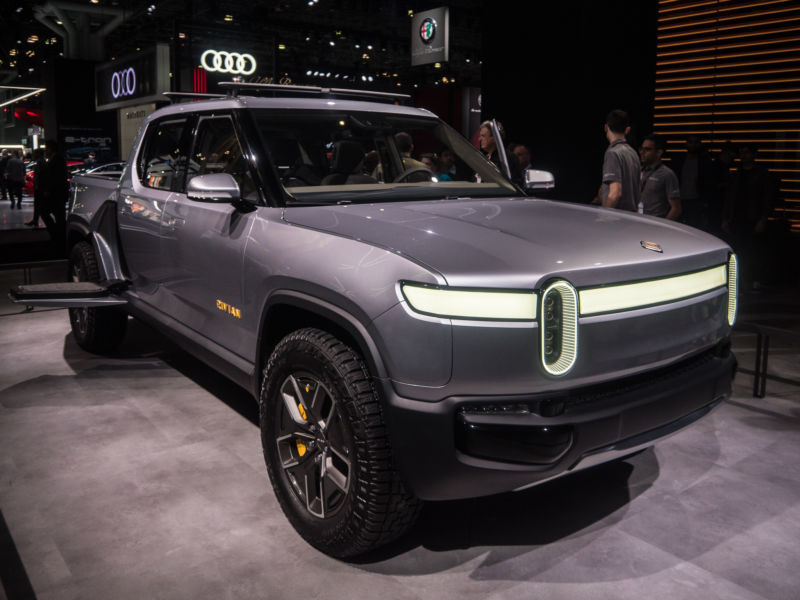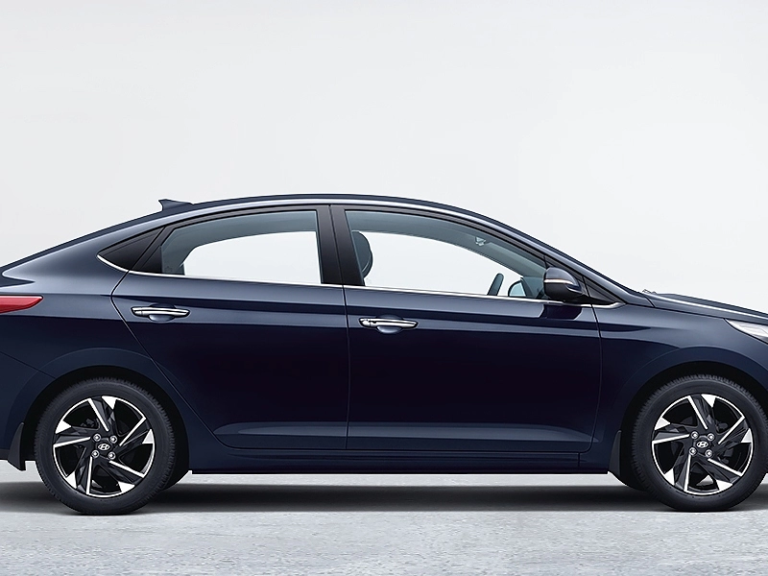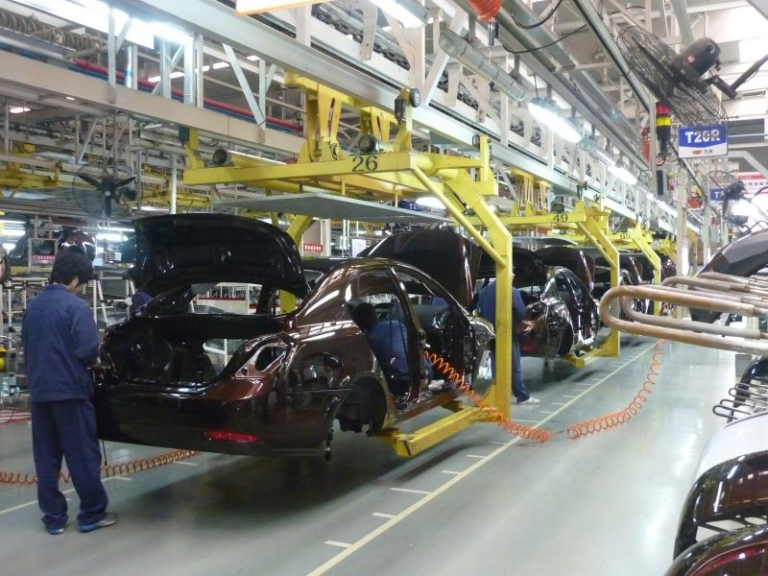
Introduction (50 words): The automotive industry has undergone a remarkable transformation over the years, evolving from simple means of transportation to sophisticated marvels of engineering. In this article, we explore the latest trends and advancements that are shaping the automotive sector, paving the way for a future that is both innovative and sustainable.
- Electric Vehicles: A Revolution on Wheels (100 words): Electric vehicles (EVs) have revolutionized the automotive landscape, providing a clean and efficient alternative to traditional internal combustion engines. With advancements in battery technology, EVs are now capable of longer ranges and faster charging times. The increasing availability of charging infrastructure has boosted their adoption, making them a viable option for daily commuting. Moreover, automakers are pushing the boundaries by introducing cutting-edge features like regenerative braking and autonomous capabilities, setting the stage for a future where electric mobility is the norm.
- Autonomous Driving: Redefining Mobility (100 words): Autonomous driving technology is transforming the way we perceive mobility. Self-driving cars, powered by artificial intelligence and advanced sensors, promise enhanced safety, reduced traffic congestion, and increased productivity. Companies like Tesla, Waymo, and Uber are at the forefront of this revolution, conducting extensive research and development to perfect autonomous systems. While regulatory and safety concerns remain, the potential benefits are undeniable. The integration of autonomous vehicles into existing transportation infrastructure holds the promise of a future where accidents are minimized, and commuting becomes a seamless, enjoyable experience.
- Sustainable Manufacturing: Greening the Automotive Industry (100 words): As the world becomes increasingly conscious of the environmental impact of industries, the automotive sector is actively adopting sustainable manufacturing practices. Automakers are investing in eco-friendly materials, such as recycled plastics and bio-based composites, to reduce their carbon footprint. Additionally, the implementation of energy-efficient production processes and the integration of renewable energy sources in manufacturing facilities are becoming standard practices. Furthermore, the adoption of circular economy principles, which emphasize recycling and reusing materials, is gaining traction. These sustainability efforts are not only environmentally responsible but also appeal to a growing number of eco-conscious consumers.
- Connectivity and Smart Features: The Rise of the Connected Car (100 words): Modern automobiles have evolved into intelligent, connected machines. With features like built-in Wi-Fi, advanced infotainment systems, and integration with smartphones, cars are becoming extensions of our digital lives. The rise of 5G technology will further enhance connectivity, enabling faster data transfer and seamless integration with smart city infrastructure. Moreover, vehicles equipped with sensors and communication technologies can share real-time data on road conditions, helping to improve traffic management and reduce congestion. The connected car ecosystem is constantly evolving, with possibilities ranging from predictive maintenance and personalized experiences to enhanced safety and convenience.
Conclusion (50 words): The automotive industry is in the midst of a remarkable renaissance, driven by innovation and sustainability. Electric vehicles, autonomous driving, sustainable manufacturing practices, and connected cars are transforming the way we commute, interact with our vehicles, and care for the environment. Embracing these advancements will lead us to a future of efficient, eco-friendly, and intelligent mobility.


